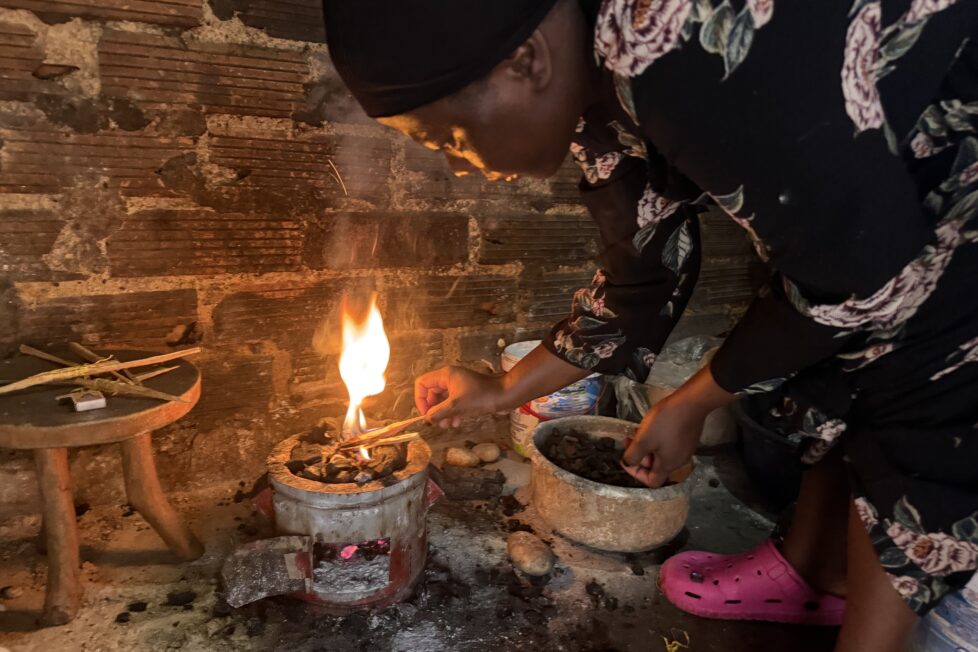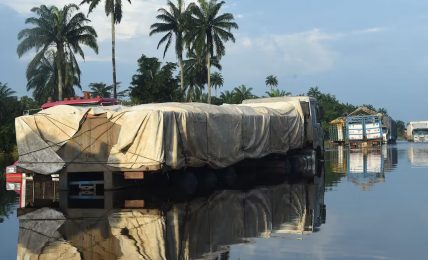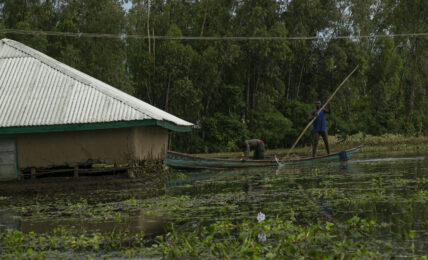Climate Cost of Cooking: Africa’s Hidden Emissions Emergency
The reliance on inefficient, polluting cooking methods is not only a significant public health issue, but a major driver of deforestation, biodiversity loss and greenhouse gas emissions—all of which contribute to the global climate crisis.








